About Charles Causley
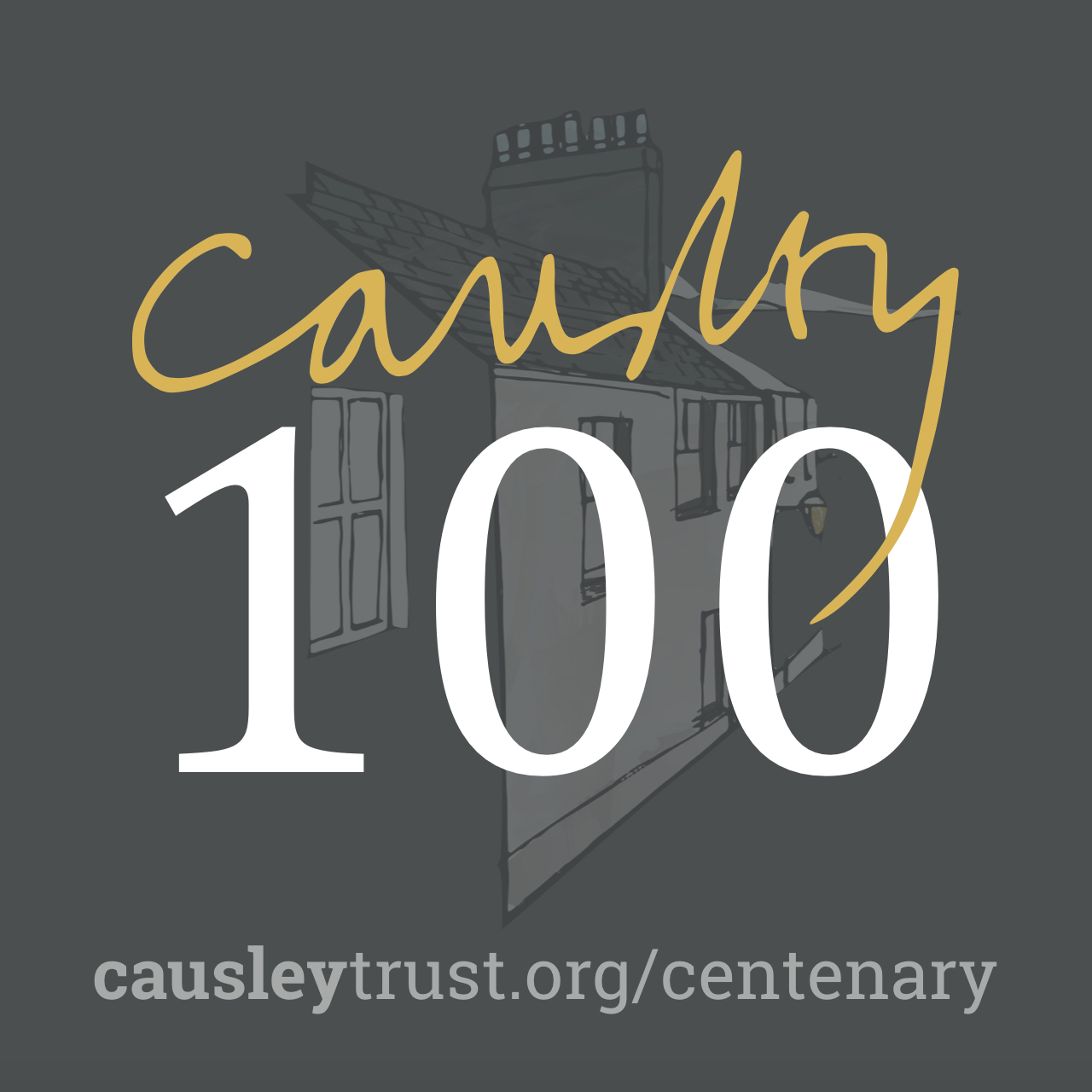
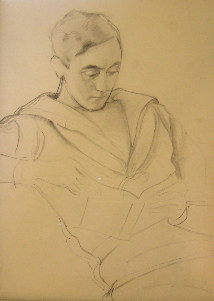
Charles Causley CBE, FRSL, Hon. D.Litt. was born on 24th August 1917 in the Newport district of the town of Launceston in Cornwall -- in a small rented cottage standing just by the River Kensey, its mediaeval packhorse bridge, and St. Thomas Parish Church. The site of his birth is now a private house, marked by a plaque installed by the Town Council.
He spent most of his life living in the same town (apart from his years of war-time service, a period of teacher-training, and a number of spells as a touring or residential speaker/tutor/writer). He died in the town, at the age of 86, on 4th November 2003.
Causley’s father (also Charles, but usually called ‘Charlie’) died shortly after World War I of a lung condition brought on by his days on the Western Front. His only son Charles was 7 at the time: that loss featured regularly in his writing. Causley was raised by his mother, to whose care he devoted himself in later life.
Leaving school at 15, Causley worked for some years as a clerk in local firms — but continued to develop his early literary interests and talent by reading widely, and writing plays for local production. His first published play, ‘Runaway’, appeared when he was only 19; several others were published soon afterwards. ‘Runaway’ was broadcast on the BBC’s Home/West Country (radio) service, shortly before the outbreak of World War 2, when Causley was in his early 20s.
After serving in the Royal Navy as an Ordinary Seaman and Petty Officer, 1940-46 — experiences that stayed with him throughout his life, and formed the basis of many poems and a number of short stories, Causley took advantage of a post-war scheme for returning veterans to train as a teacher at Peterborough.
On qualifying, he returned to his native Launceston to teach in his own childhood school and other primary schools there. He remained in that career — writing, editing and broadcasting in his spare time as well as travelling widely whenever possible in the school holidays — until taking early retirement in 1976, to become a full-time writer. He toured regularly as a British Council speaker and poetry reader, and had several stints in educational and cultural institutions overseas.
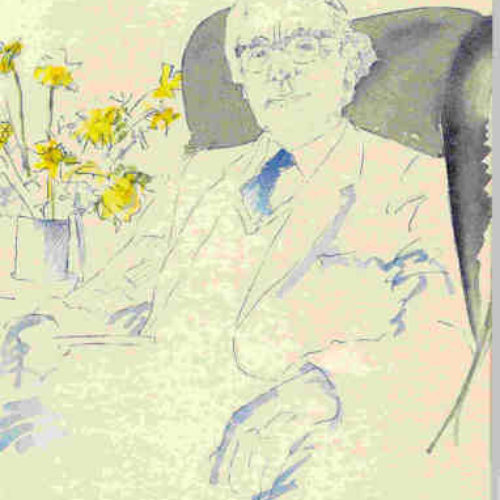
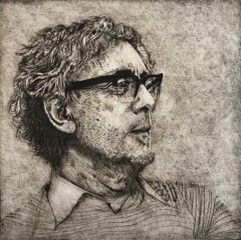
Causley’s first published collection of poems, Farewell, Aggie Weston, was published by The Hand and Flower Press in 1951. Survivor’s Leave followed in 1953, and his literary reputation was fully established in 1957 with Union Street by Rupert Hart-Davis, featuring an enthusiastic introduction by Edith Sitwell. Other collections of new poems by Causley came out during the 1960s: Johnny Alleluia and Underneath the Water. His poetry became widely anthologised, and to he shared volumes with other contemporary British poets. He also cemented his reputation as an anthologist, critic, essayist and broadcaster — especially as the host of BBC Radio 4’s Poetry Please for many years.
The final collections of new poetry — Secret Destinations (1984), Twenty-One Poems (1986) and A Field of Vision (1988) — are a prolific and impressive late flowering, with new subjects, approaches and styles alongside mature developments of his familiar ones.
From the late 1960s, Causley published poetry for children. Some are simple rhymes designed to delight younger readers mainly by their sound alone, while others carefully observe of people, the world and life, and tell strong stories. Many of these books were illustrated by prominent artists. Causley always agreed with the view that “there are no good poems for children that are only for children”, and indeed there is some overlap between his Collected Poems (several editions, the last of those coming out in 2001) and his Collected Poems for Children (1996).
His poetry frequently refers to Cornwall and its legends, and Causley was recognised by being made a Bard of the Cornish Gorsedd in 1955. His scope and interests, however, stretched far beyond his native county. In addition, many poems relate to fellow writers like Keats, Clare, Lorca, Day-Lewis, Clemo, Betjeman and to artists he admired: Van Gogh, Samuel Palmer and Maxim Gorky, as well as the sculptor of local East Cornish origin, Nevill Northey Burnard.
Causley also wrote plays, short stories and opera librettos — as well as editing many poetry anthologies. In addition, he regularly contributed reviews and articles to literary magazines like The Listener, The London Magazine and Poetry Quarterly. Many poems appear in educational texts. A number have also been set to music by composers like Stephen McNeff and folk musicians such as Alex Attewell and his distant relative Jim Causley.
For a more detailed bibliography of Charles Causley's publications, please click HERE.
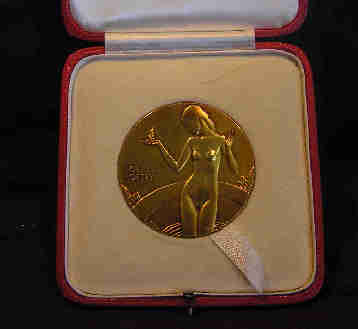
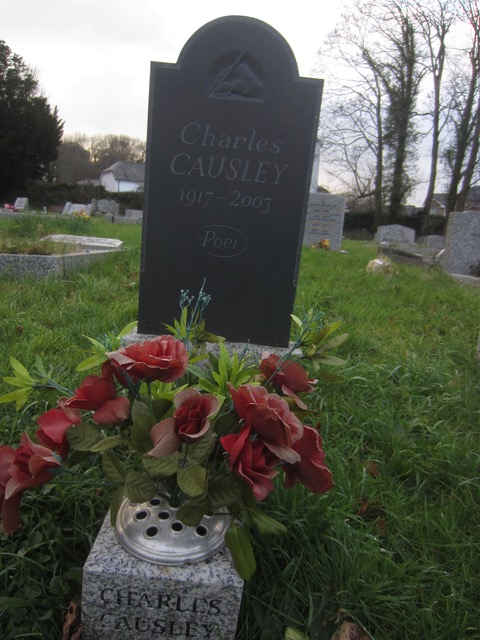
In 1958, Charles Causley was made a Fellow of the Royal Society of Literature (FRSL), and was awarded a CBE in 1986. Amongst a number of other other awards, he was given the Queen’s Gold Medal for Poetry in 1967, and was presented with the Heywood Hill Literary Prize in 2000, when he characteristically exclaimed (at the age of 83), “Goodness! What an encouragement!”.
Between 1962 and 1966, he was a working member of the Poetry Panel of the Arts Council of Great Britain. After he retired from his career in primary school teaching , Causley was appointed as a Visiting Fellow in Poetry at the University of Exeter, and he was made an honorary Doctor of Letters (Hon. D.Litt.) there in 1977.
The largest and most wide-ranging archive of Charles Causley’s papers and other materials (for example, decades of correspondence, much of it with well-known figures from the twentieth century, in many fields) is kept in the Special Collections Department of the University Library at Exeter, where anyone interested can visit by appointment to see and study the archive contents.
Causley was very highly regarded by his fellow poets, both across the UK and right around the world. When he turned 65, many of them (including Ted Hughes, Elizabeth Jennings, Philip Larkin, Roger McGough and Seamus Heaney) contributed poems to a published collection dedicated to him. More new poems and prose tributes, as well as some of Causley’s own writing (previously unseen), were published in another volume produced in honour of his 70th birthday, Causley at 70.
He was known and admired by many in his native Launceston and Cornwall, as well as globally across the literary and arts worlds, as a very quiet and modest man. His public readings were noted for the respect that he always gave to his audience.
Charles Causley died in November 2003, after some years of increasing ill-health, at the age of 86 — in a nursing home not far from his Launceston home of many decades, Cyprus Well. He recorded a number of poems there for the Poetry Archive, only months before his death; he completed his last poems only a few years earlier.
The simply-engraved, dark Cornish slate headstone of his grave may be seen, next to that of his mother, in the lovely old churchyard of St Thomas Parish Church in Launceston, only a hundred yards or so from the house where he was born.



